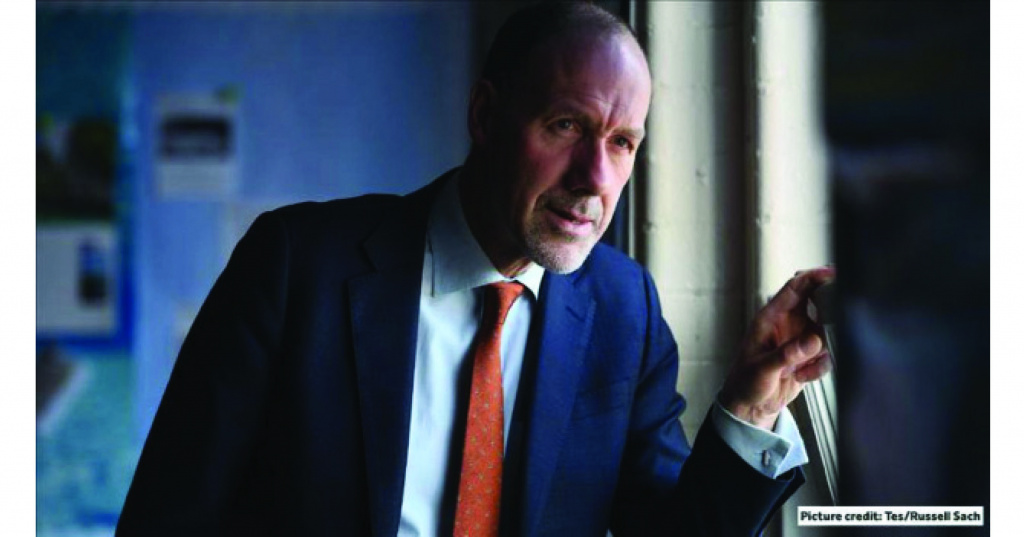
When Geoff Barton was elected by popular acclamation to the top post in ASCL (Association of School and College Leaders), against the recommendation of its national council, a frisson of excitement went through the profession. Was this a sign at last that the worm was turning? After years of meek compliance with a radically hostile government and its main apparatus of compliance, Ofsted, was this a portent that headteachers had had enough and were prepared to fight back.
Geoff Barton had, after all, in his columns for the TES and as a Suffolk secondary head teacher, rejected the Academies agenda – he wouldn’t be ‘dragged kicking and screaming into becoming an academy’. He’d spoken out against the Ebacc and the knowledge-based curriculum and mocked the obsession with league tables.
He agreed that on ASCL’s watch, head teachers had lost a huge amount of influence, with heads being scared of losing their jobs over one poor Ofsted report or one set of exam results, becoming junior middle-management to executive heads and board directors of the big corporate MATs and having to oversee curriculum changes and the Ebacc, which many were educationally and philosophically opposed to. It was a spectacular fall from status and influence. Now head teachers’ influence doesn’t really extend beyond the school gates and it can all too easily disappear within them.
On appointment, Geoff Barton talked of the strange, and in his view, often unethical compliance of heads with government policy and how they had lost their ethical compass. In his view the background lobbying and committee room influencing that ASCL had focused on in the past had failed to protect either head teachers, the profession at large, or the education that children received.
It was fighting stuff!
So eighteen months in, how is it going? There have been no fireworks, certainly. Barton was pitched into leading a union whose national council had advised against his election, after all. And the realities of power often make leaders revise their sense of the complexities of change. It is also true, however, that leaders are often captured by the traditionalism and conservatism of the organisations they head up. It’s a tight-rope all leaders have to tread, and Barton is no exception.